“You look horrible. You have bags under your eyes; your face has no color. Are you okay?” This is what my stepmother told me last week when I stopped by my parents’ house after work.
I felt worse than I looked.
No, dear reader, I did not have a financial crash. Here is what happened. It took me a month or so to write my mini book on Tesla and the EV industry (you can get it in PDF & email series form here). I’d wake up a bit earlier than usual, at 4 (instead of 4:30 or 5) to write. I’d go to sleep later than usual, as I was researching what I was going to write the next morning. I was excited and incredibly energized by the topic. I was in the “zone.” After I finished the Tesla article, I wrote a 20-page quarterly client letter, which took another two weeks. At that point I had already created a bad habit – going to sleep late and getting up very early.
I eat well – a lot of fish, a lot of vegetables, no sugar or refined flour. I exercise, at least twice a week, sometimes three. I am in the prime of my health. However, the lack of sleep accumulated and caused me to crash. Every afternoon I felt like I was hit by a truck – I was a walking zombie. In a normal conversation I could not recall names or facts. The irony is, I was so exhausted that I was not self-aware enough to recognize I had a problem.
This incident caused me to research the topic of sleep. I read a book called Why We Sleep, by UC Berkeley neuroscience and psychology professor Matthew Walker. This book dramatically changed my thinking on sleep. In our macho, workaholic society we glorify working long hours and getting little sleep. We value people who are the last ones to leave the office and the first ones to show up in the morning. We view sleep as an inconvenience that competes with the waking up hours it doesn’t occupy. The expression “I’ll sleep when I’m dead” perfectly described my thinking (and, I suspect, society’s) on sleep.
I could not have been more wrong.
I had thought a lot about things that I have control over that impact my health; I had thought about diet, exercise, and lifestyle (relationships, stress), but never about sleep. Why We Sleep opened my eyes to the fact that sleep is an incredibly important part of the health equation, and one that is largely ignored today.
This is the punchline: We damage our brain during our waking hours, and it gets healed and repaired while we sleep. If you don’t get enough high-quality sleep, your health will pay a substantial price.
Yes, it’s that simple. If you don’t sleep enough and well, you cause both temporary and long-term damage to the most important organ of your body. But the damage doesn’t stop at your brain: Poor sleep also demolishes your immune system (you are more likely to get the flu), doubles your risk of cancer, and is a key factor determining whether you get Alzheimer’s disease. If this is not enough – and I am not going to go brain chemistry on you here – but a weakened, sleep-deprived brain causes depression, anxiety, heart attacks, weight gain, mood swings, and lack of control of your emotions. I could keep going, but you get the point.
I realized that I had got off easy. Considering how exhausted I was, I could have had a real crash – a car crash. I was endangering not just myself but my family, who I drive to school, work, and social activities daily. Sleep-deprived drivers are 15 times more likely to cause wrecks. In fact, more people die every year in automobile accidents caused by sleep deprivation than die by drinking and drugs combined. We should declare war not just on drunk drivers but on sleep-deprived drivers.
Interestingly, Mother Nature did not anticipate that we humans would deliberately decide to sleep less. Our fat cells store energy in case we are stuck in traffic on our drive to McDonalds (or have to go a week or two between deer kills). But there is no reservoir of sleep that we can fill up and then draw upon. We need to get enough good sleep – at least eight hours, for most of us – on a continuous basis.
Here is what you can do to improve your sleep life.
Sleep in a cool room. We need to sleep in a room that is 3-7 degrees Fahrenheit lower than our normal room temperature. 65 degrees is the ideal room temperature for falling asleep.
Taking a hot bath or shower is a stimulant for a good sleep. This may sound a bit counterintuitive, but though your body temperature will rise in the shower, it will drop significantly as you head to bed.
Go to sleep and wake up at the same time every day (even on weekends). Mother Nature programmed into us a circadian rhythm – a roughly 24-hour physiological cycle that regulates the rhythms (including temperature) of our body. It is impacted by light and temperature (more on this later).
The circadian rhythm keeps going whether you sleep or not. To get good sleep we need to adjust our sleep to our personal circadian rhythm, which is different from person to person. I am an early-morning person – the temperature of my body starts dropping about 8 PM, and thus it is easy for me to fall asleep relatively early in the evening, and I get up with ease early in the morning.
The person who has been sleeping next to me for twenty years – not going to mention names here – is not a morning person. If she tries to go to sleep at the same time I do, she won’t fall asleep for hours. Her circadian rhythm is different from mine. She needs to go to sleep late and wake up late. If she wakes up too early in the morning, she has a headache.
You may or may not (I’d argue the latter) be able to change your circadian rhythm, and thus it is important to know if you are a morning or an evening person and to plan your life accordingly. However, there are a number of adjustments you can try to make.
Regulate the release of melatonin. Mother Nature programmed humans over millions of years in an environment where there were no alarm clocks or artificial light. The Earth’s rotation around the Sun is what regulates our sleep. Light – actually, the absence of light – releases melatonin, “the hormone of darkness.” If sleeping was an eight-mile race, melatonin would be the start pistol that tells your brain to start sleeping. It regulates the timing when your sleep occurs, but it has little to do with the length or quality of your sleep. Melatonin is very sensitive to light.
There are a few things we can do to use Mother Nature’s programming to our advantage:
Dim the lights a few hours before you go to sleep. I am planning to install dimmable lights around my house and turn them down an hour or two before we go to bed.
Sunglasses: Don’t wear sunglasses in the morning, as the natural sunlight will help to fully wake you up. Start wearing sunglasses in the afternoon.
Limit electronic device use an hour or two before you go to bed. I am going to be switching to a Kindle device instead of reading Kindle books on my iPad. Also, I have started wearing blue-light-blocking glasses when I work on my laptop in the evening.
Drink coffee and alcohol strategically. Caffeine blocks signals to your brain telling you that you are sleepy. Your caffeine level picks up thirty minutes after you consume coffee. However, the half-life of caffeine is seven hours. This means that seven hours after you drink coffee, fifty percent of the caffeine is still in your body. It does not just keep you from falling asleep; it keeps you from sleeping well.
I drink a lot of coffee. But though I may drink my first cup for the how it makes me feel, I drink the rest for the taste. I have started drinking decaffeinated coffee after 8 or 9 AM, giving my body 12 hours to get rid of the caffeine. A warning here: Decaffeinated coffee is not caffeine-free; it still has 10-30% the caffeine of regular coffee. Another caveat: The older you are the longer it takes your body (mainly the liver) to cleanse caffeine from your system.
Alcohol may help us to fall asleep, but it significantly erodes the quality of sleep. Most importantly, it impacts the REM (rapid eye movement) stage of sleep, when we dream. REM sleep is responsible for control of our emotional intelligence and creativity.
Meditate. When we lie down in bed, we tend to be reliving our day in our head, and it often keeps us from going to sleep. Meditation may calm us down and help put the day to rest. I have had a difficult relationship with meditation. I found that it is hard for me to find time to meditate in the morning (as it competes with my writing). I’m going to try to meditate before I go to sleep.
Naps. Interestingly, we have to be strategic with our napping, too. A nap can actually recharge our battery during the day, but if it we nap too long (longer than 10-15 minutes) or too close to the evening, it may hamper our ability to fall asleep in the evening.
Read my books. I was told that my books (especially the first one) are very soporific. On a serious note, don’t read in your bed. Your brain should be conditioned to only think of your bed as a place where you sleep.
After I read the Why We Sleep and listened to a few interviews with Matthew Walker, it seemed to me that the medicine most prescribed by doctors should be sleep. But imagine going to medical school for a quarter of your working life and accumulating a few hundred thousand dollars of student loan debt just to say, “Yes, you need to sleep at least eight hours a day.”
On top of all the health-related issues I wrote about above, there are other things to ponder here. As a parent I really have to pay close attention to what time in the evening my kids watch and read on devices, and I also need to monitor how much sleep they get. I should not look at their sleeping in late as “being lazy” but let them sleep.
As a creative person – investing should be a highly creative adventure – I know that lack of sleep diminishes my creativity. As an employer I need to figure out whether the people I work with are morning or evening people and let them schedule their work accordingly.
I realized that my days have to be planned from a day-before perspective. If I want to keep getting up at 4 AM, then I need to be in bed by 7:30 PM. This may prove to be impractical (I don’t want to go to bed before my kids do), thus I have to settle for going to bed at 8:30 PM (and falling asleep by 9), and so my morning will start at 5. If I stumble on another interesting topic to write about, I should pace my excitement; and if it takes 45 days instead of 30 to finish writing, so be it. I’ve been sleeping at least eight hours a day for a week now, and I’m still functioning at just 70-80% of my normal energy level.
We cannot repay the sleep debt we accumulate by sleeping more in the future – unfortunately, Mother Nature may need a few more millennia to fix this flaw. And one more thing: I highly recommend Matthew Walker’s book – every insight above I drew either from an interview with him or his book.
I wish you good night and a restful sleep.
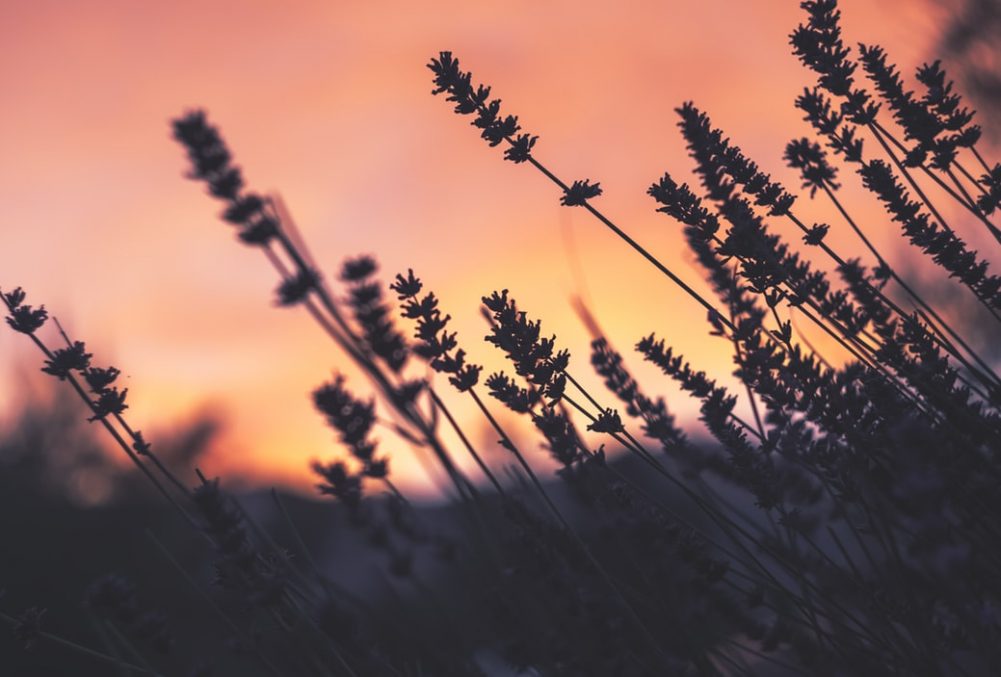
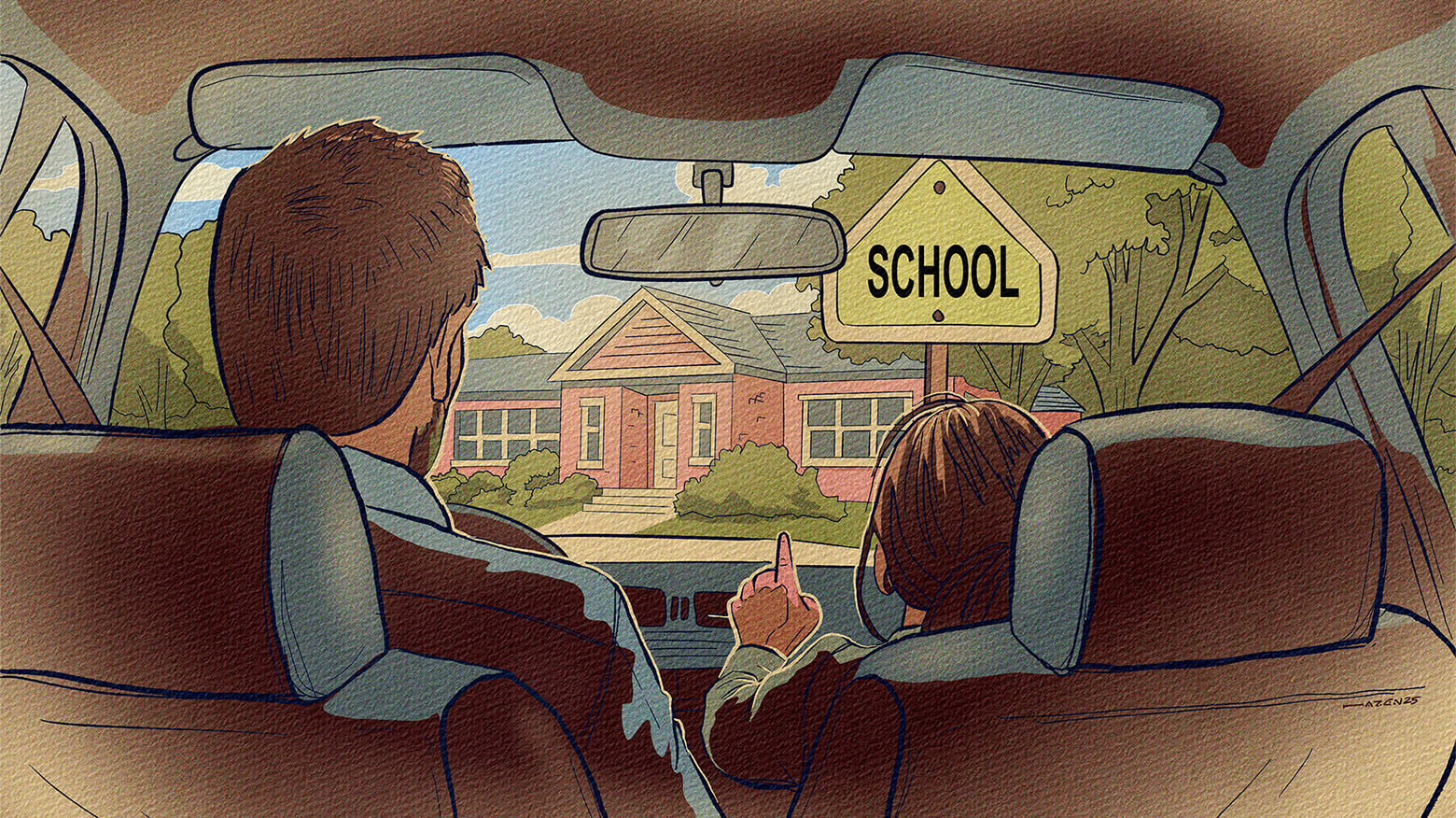
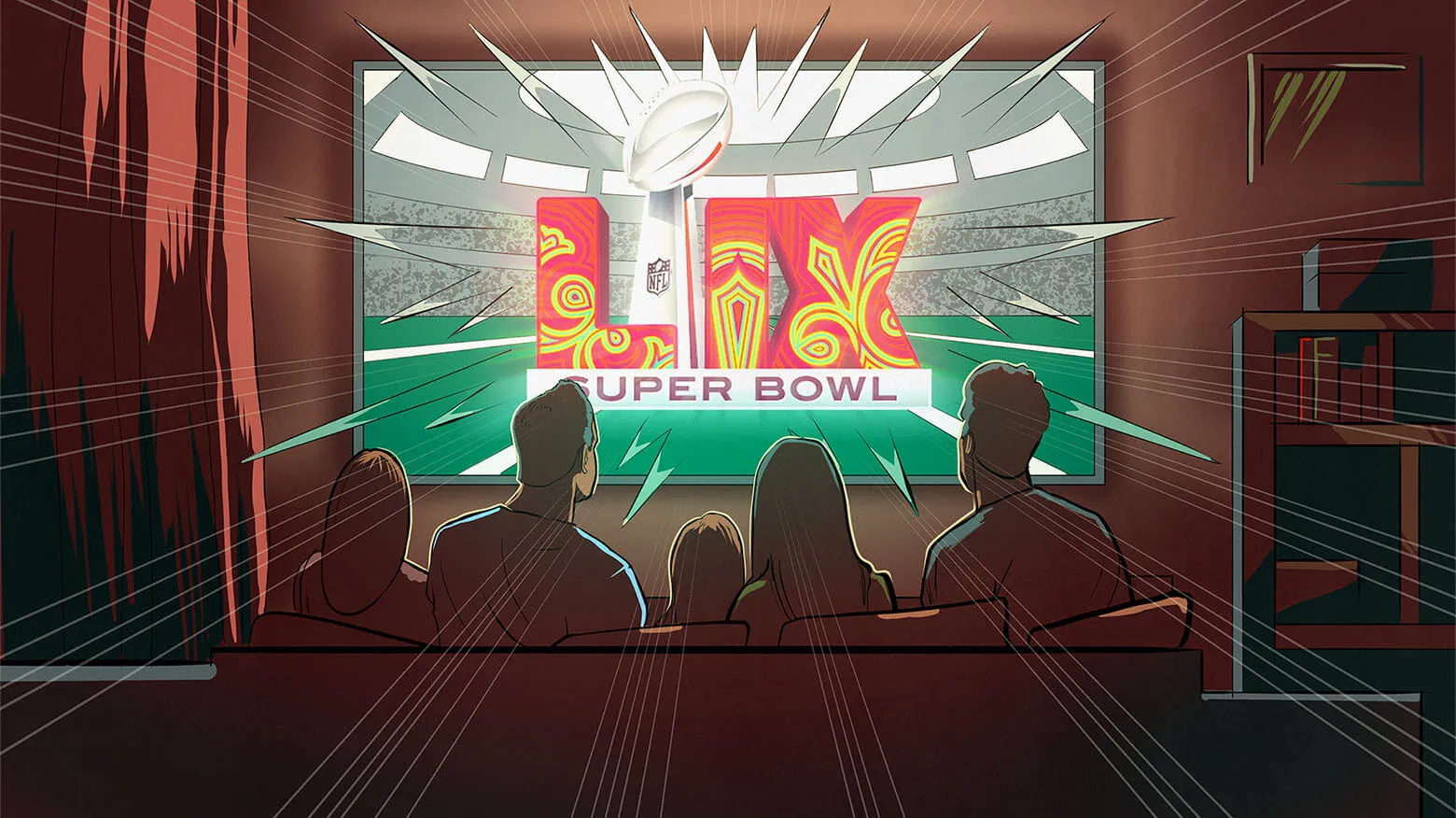
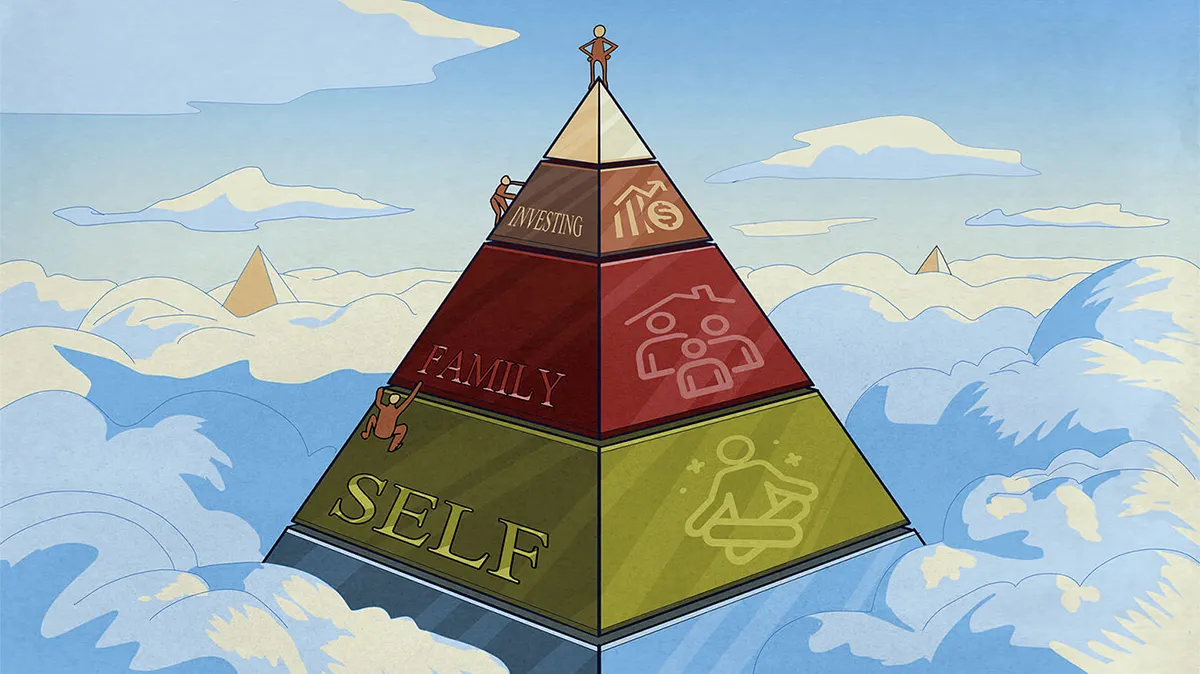
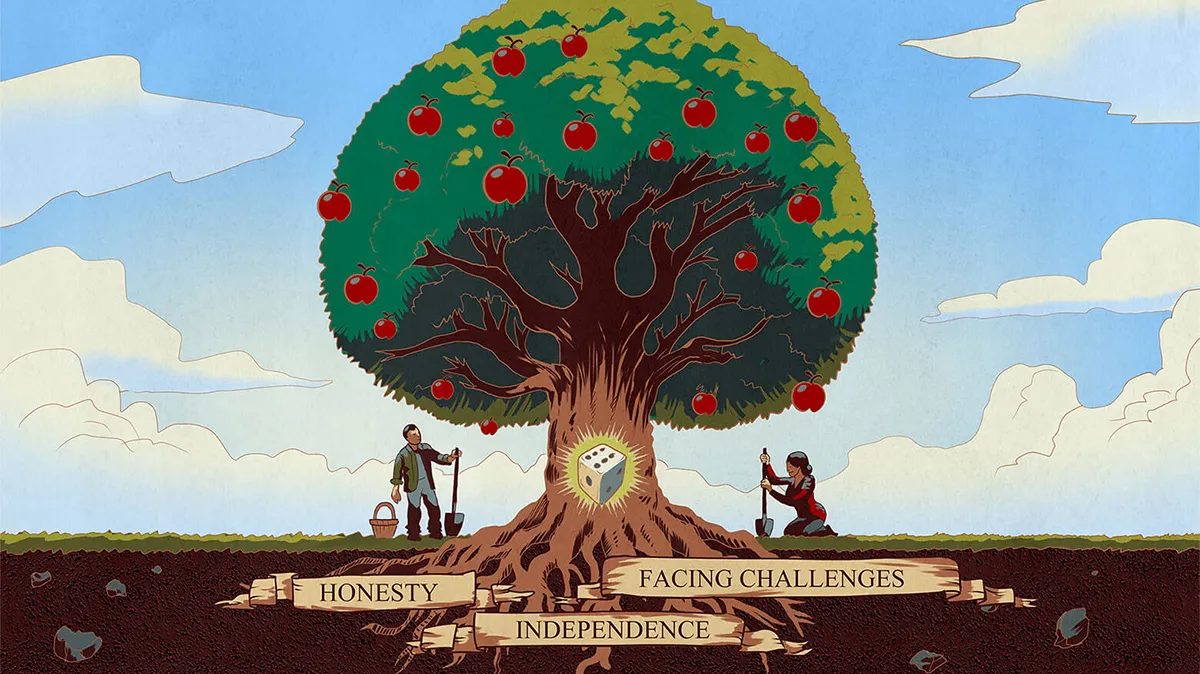




0 comments